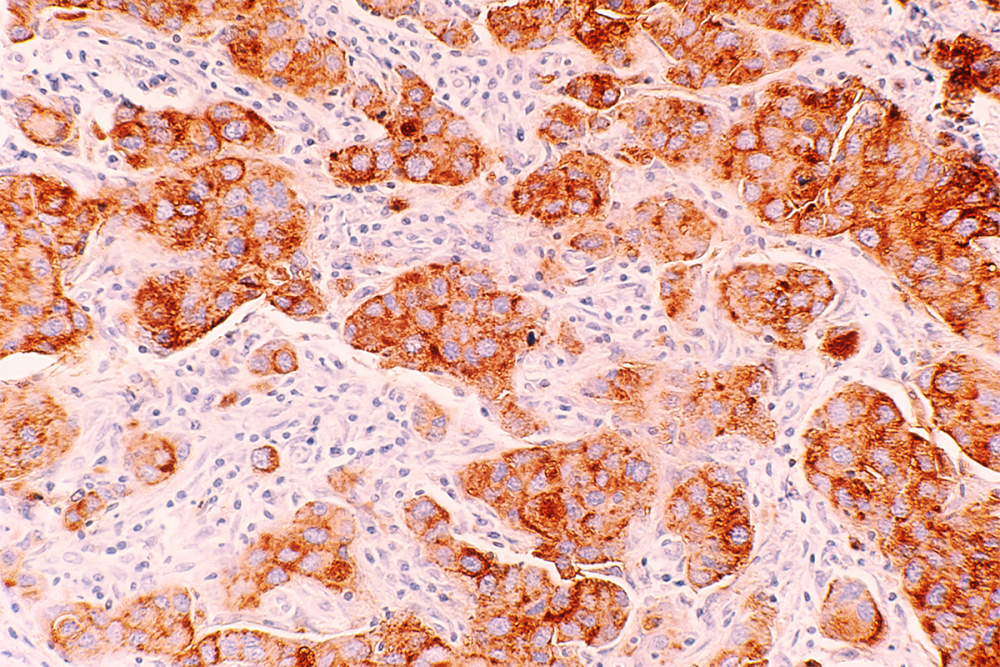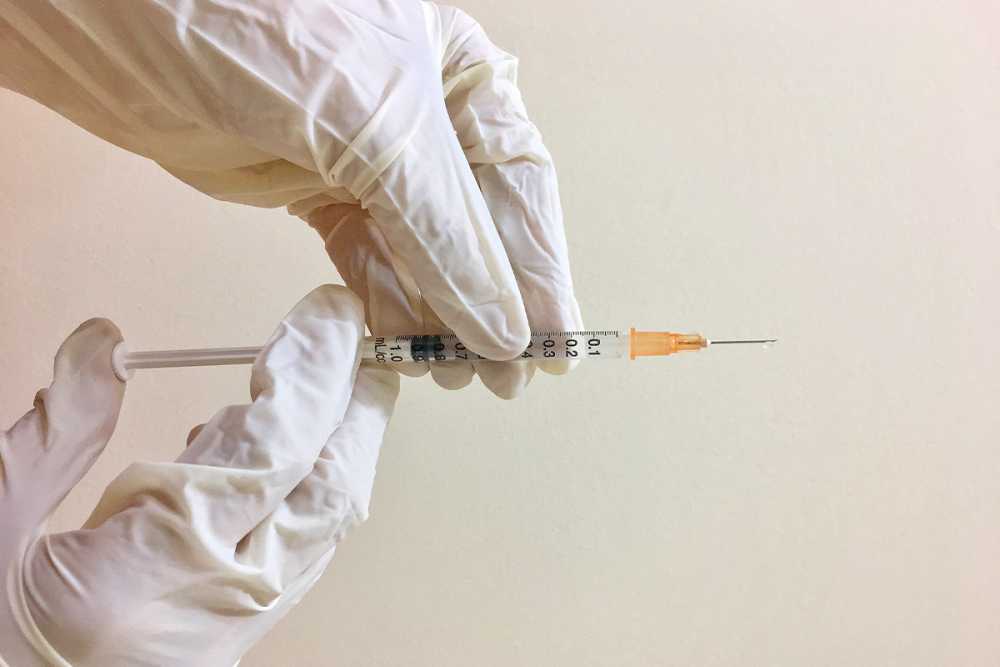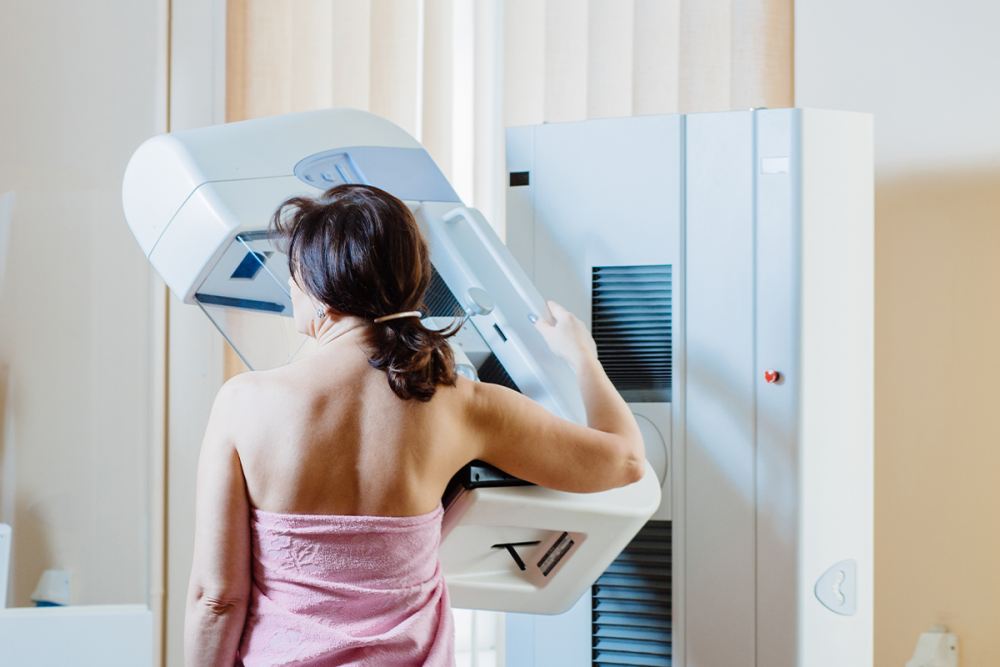

Did you know that, according to the World Health Organization, breast cancer is the most common cancer worldwide and the leading cause of death among women?
In the past few decades, clinical research has brought far better treatments and methods of diagnosis for breast cancer to market—but there’s still much to be done. That’s why the international health campaign, Breast Cancer Awareness Month, is so crucial—to increase breast cancer awareness, support patients and survivors, and raise funds for research and clinical trials.

Clinical trials look at new, successful ways to detect and treat cancer and to make available treatments more effective. With breast cancer, this means advances in treatment and increasing and improving early screening and detection.
Study results can give us important insights. For example, a study published in 2002 found that menopausal hormone users had a higher risk of breast cancer and heart disease—and it’s believed the results of the study contributed to a notable decrease—about 13%—in the rate of invasive breast cancer over the next five years, as stated in the American Cancer Society's Cancer Facts & Figures 2022.
To gather such insights and bring better cancer treatments to market, however, it’s necessary to have enough participants in clinical trials. The American Cancer Society reported that 1 in 5 cancer clinical trials fail due to insufficient enrollment in their report, Cancer Facts & Figures 2022.


One study published this year looked into the factors associated with enrollment in clinical trials for breast cancer. They found that:

We know one way to improve clinical trial participation is by bridging the gap between sites and patients. For many, the time and effort required to travel to a site to participate in a clinical trial are too much—and that’s where decentralized clinical trials (DCTs) come in.
A survey conducted by McKinsey found that an average of 72% of patients reported being very satisfied with telemedicine visits. In a post-pandemic world, we’ve learned bringing the trial to the patient and implementing patient-centric solutions can be crucial in improving enrollment rates. There are various reasons why patients might find telemedicine solutions more fitting to their lifestyles. One way to provide this option is through your EDC system. With an engaging ePRO/eCOA and an interactive and easy-to-use telemedicine solution, you can improve patient engagement and accessibility.
As we celebrate patients and survivors during breast cancer awareness month, we support the clinical research industry to innovate breast cancer screening and detection further and bring treatments that can make a difference in all of our lives.
If you’re interested in a DCT solution that puts people first, check out our engaging ePRO/eCOA, Viedoc Me, and our interactive telemedicine solution, Viedoc Connect—or contact us to find out more information on whether Viedoc could be the right fit for your trial.

"Viedoc makes building a study easy and fun. It doesn't require extensive coding knowledge; it's quick to get in and start working."